Managing Your Cat’s Insomnia: Tips for a Peaceful Night’s Sleep
Cats are often compared to children in terms of the love and responsibility we feel for them. Like children, they require our care, attention, and sometimes—unfortunately—sleepless nights. The similarity extends to their own habits as felines can experience insomnia, particularly young cats under one year of age. Understanding this behavior is crucial for maintaining a peaceful environment for both you and your furry friend.
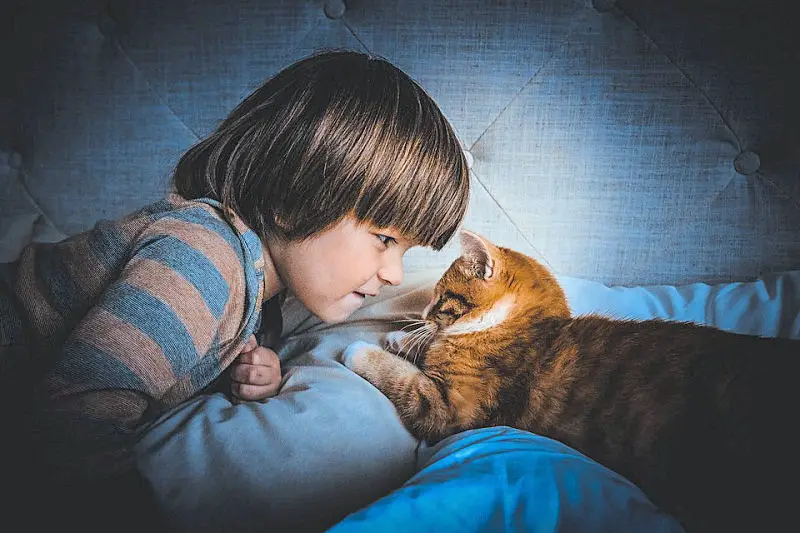
Why Cats Might Keep You Awake
Much like their wild ancestors, the African wildcat, domestic cats often display nocturnal behaviors which can lead to sleepless nights for their owners. This article presents effective strategies to help your cat learn to sleep through the night, easing your sleep as well.
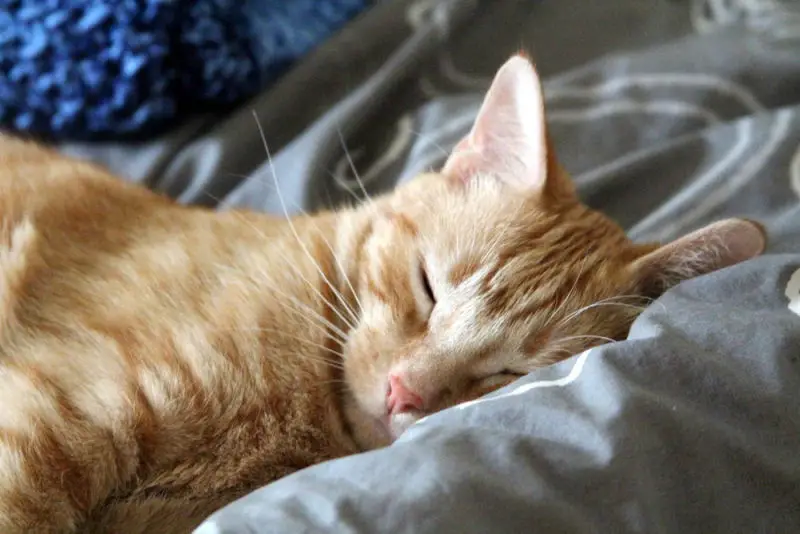
Identifying the Cause of Nighttime Vocalization
The unmistakable sounds of a cat wailing can interrupt even the deepest of sleep. Understandably, these vocalizations often stem from a need for attention or comfort. However, before addressing behavioral solutions, it is vital to rule out any medical conditions that may be causing your cat’s nighttime distress.
5 Essential Tips for Better Sleep with Your Cat
#1: Schedule a Vet Check-Up
The first step in addressing your cat’s nighttime vocalizations is to visit a veterinarian. Cats cannot communicate their discomfort verbally, but they sure can vocalize their distress. Conditions such as thyroid disease, cognitive dysfunction, or even hearing loss could be responsible for your cat’s behavior.
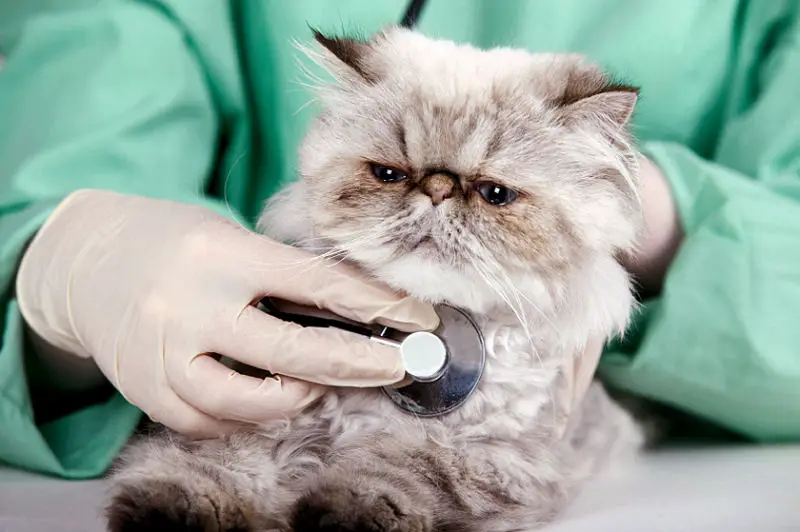
#2: Keep Them Entertained
Bored cats may resort to disruptive behaviors seeking attention. Providing various toys, scratching posts, and interactive games stimulates both their body and mind. Ensure your cat has ample opportunities for mental engagement throughout the day.
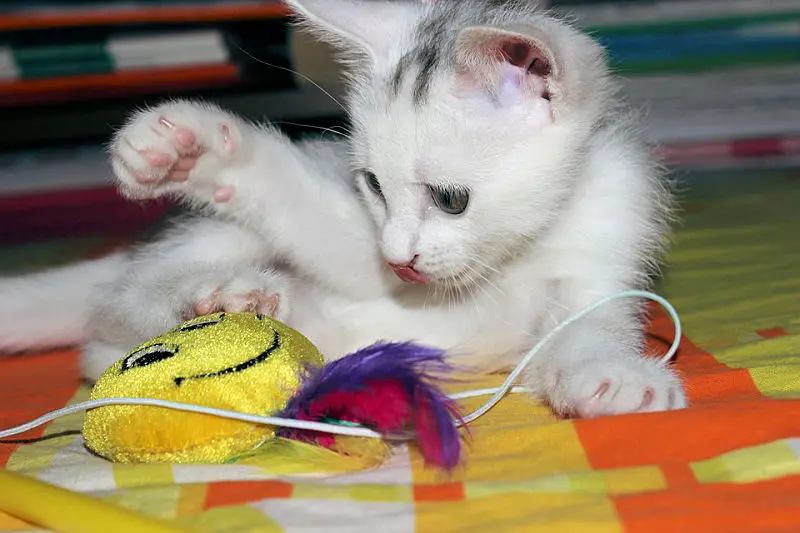
#3: Teach Them to Self-Soothe
Just as parents sometimes let babies cry it out, it’s essential for cat owners to avoid responding immediately to their cat’s nighttime vocalizations. This reinforces the behavior that leads to further disturbances. By teaching your cat to self-soothe, they will learn to settle down on their own.
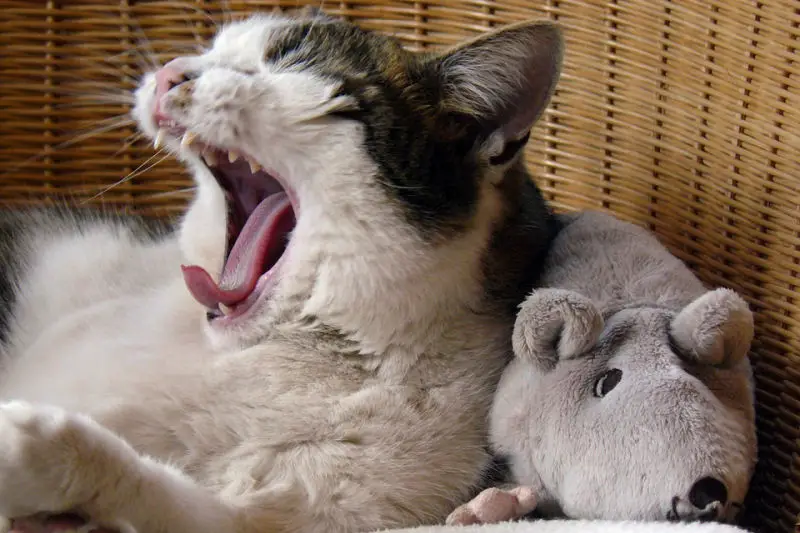
#4: Reinforce Positive Behavior
Behavior modification involves both discouraging unwanted behavior and encouraging desirable actions. Focus on giving your cat attention and praise when they are calm and quiet, rather than only when they are vocalizing.

#5: Engage in Play Before Bed
Make playtime part of your nightly routine. Engaging with your cat right before bed will not only satisfy their need for interaction but can also help expend excess energy. Activities mimicking hunting, such as using toy mice or feathers, can be particularly effective in promoting a restful night.
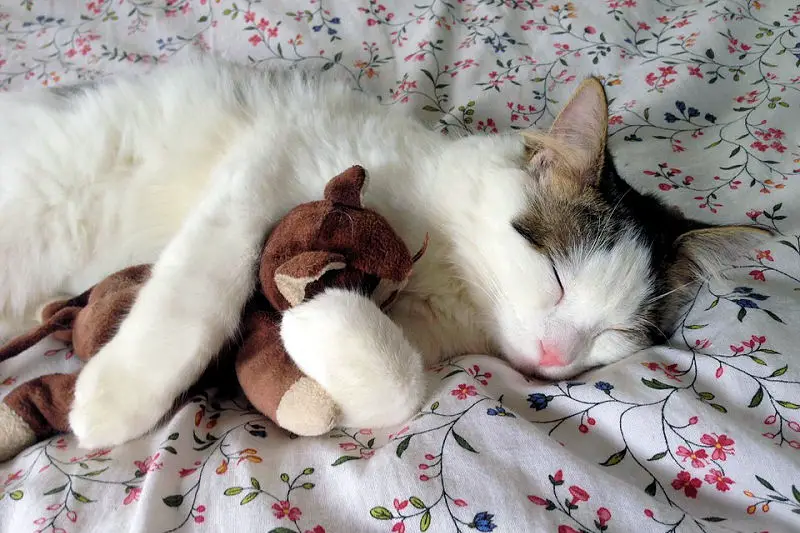
Consistency is Key
To help your cat develop healthier nighttime habits, consistency is crucial. Both you and your cat may need to adjust your behaviors to ensure a peaceful night’s sleep. With dedication, both you and your cat can enjoy restful nights.
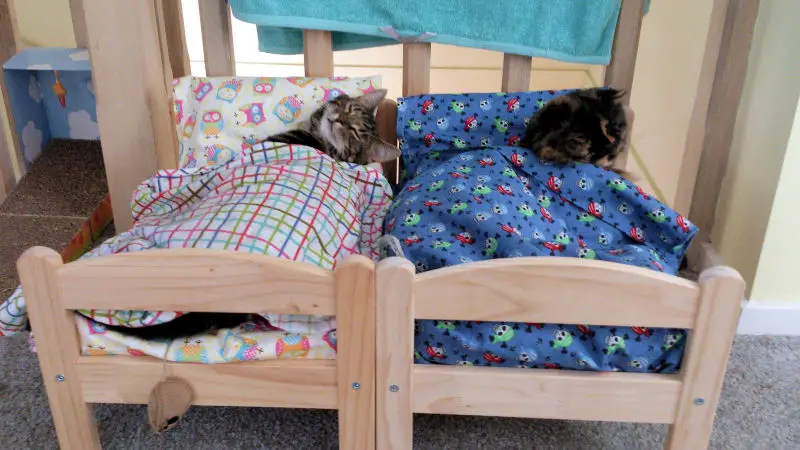
For more insights on promoting better sleep habits for you and your feline companion, consider exploring additional resources from reputable pet care sources.












